François Hartog is one of France’s and the world’s most influential and respected historians alive today. He was born in 1946. He is a professor at École des hautes études en sciences sociales, where he is head of ancient and modern historiography. His work has been widely published (though not in Portugal, where it has not been translated) and goes beyond the boundaries of history as a discipline. He has developed two concepts that, because they are so operative, have almost become independent of their creator: presentism and the regime of historicity. Hartog understands the regime of historicity to mean the way in which each age articulates the three categories of time – past, present and future – and favours one or another. He places it at the centre and as the main parameter of his representations. Analysing the ages of history on the basis of how they relate to these categories, he has characterised our age as being marked by presentism, i.e. by the triumph of the present as a reference that dictates our relationship with the time in history. It is therefore easy to understand that, in addition to being a historian, Hartog also develops history theories. He follows the paths of the epistemology of history and works with meta-historical categories. This is why his interview is important and justified in this portfolio about memory and forgetfulness, because memory and its relationship with history are fundamental aspects of his theorisation about the contemporary regime of historicity. In his 2003 book entitled Régimes d’historicité, he writes,
François Hartog is a professor of Greek and modern historiography at École des hautes études en sciences sociales in Paris. He is a historian who has also undertaken a substantial amount of important theoretic reflection on basic issues of historiography and the different ways of experiencing time that define each age. The thinking of history as a discipline and the actual concept of history are important contributions that Hartog has made and that extend to the entire field of human sciences.
‘At any rate, memory has become the most comprehensive term: a meta-historical, sometimes theological category. The aim was to make a memory of everything and in the duel between memory and history, the former quickly gained the advantage. It had the support of a character that had become central in our public space: the witness. We pondered oblivion, it made its case and the “duty of memory” was brought into play. We sometimes began to stigmatise abuses of memory and heritage.’
Hartog’s reflections on relations between memory and history are obviously part of an issue that gained great importance after the publication, which began in 1984, of Les lieux de mémoire, a work in several volumes compiled by Pierre Nora. Hartog has kept up a fruitful dialogue with Nora on the subject, as is very clear in this interview. But he believes that memory is basically a presentist tool.
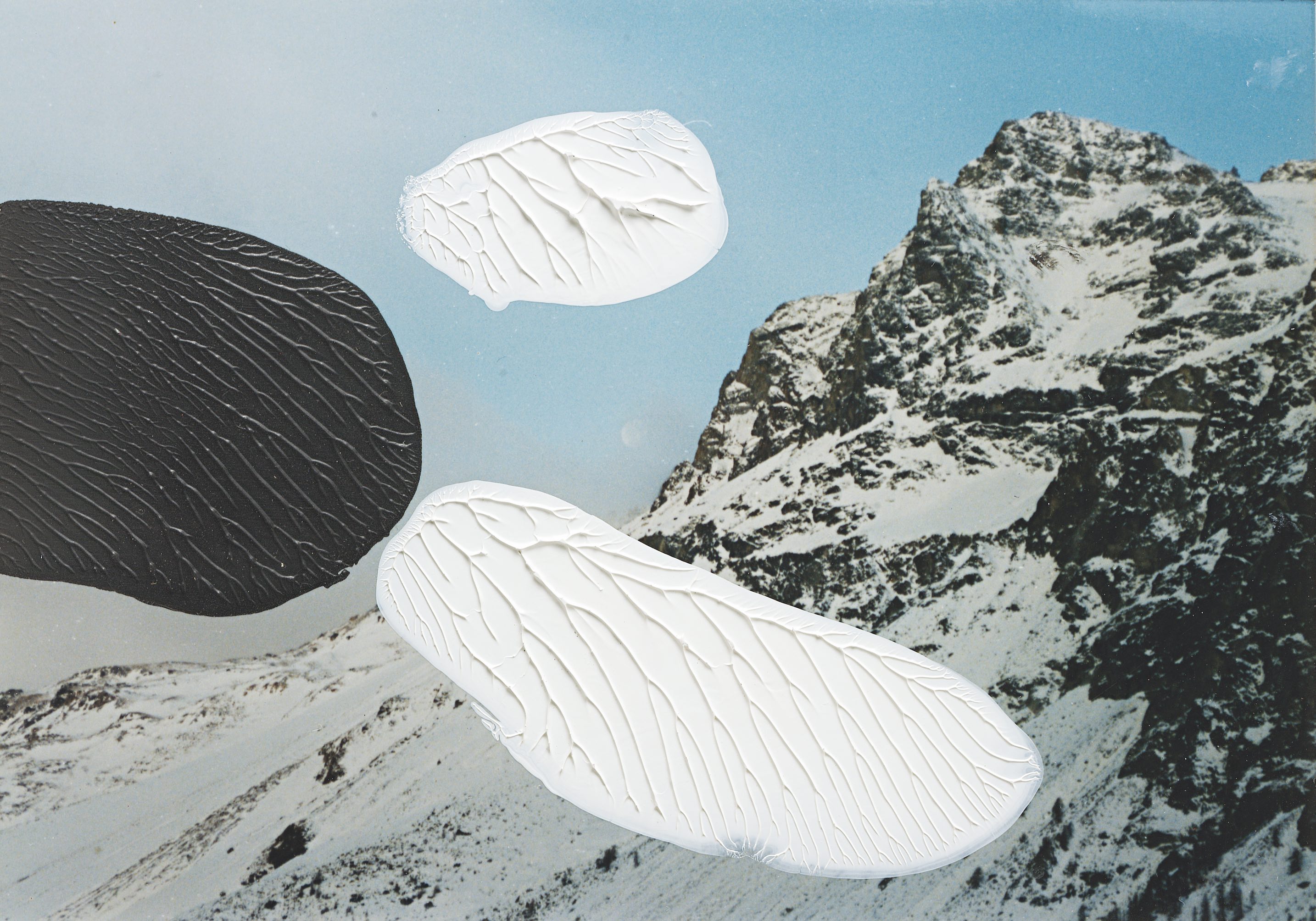

© Gerhard Richter 2019 (0273)
ANTÓNIO GUERREIRO The ‘memory/history’ dichotomy or duality was hugely important in the late 1970s. Where did this obsession with memory come from and how has historiography dealt with it?
FRANÇOIS HARTOG In those years, in the late 1960s and into the 1970s, there was a wave of memory, a rise of memory, as we can see in a number of works produced. From historians, there was that great wave of publishing, Les lieux de mémoire, which was spearheaded by Pierre Nora and began in 1984. In the cinema, Claude Lanzmann’s film Shoah also came out in 1984. There were other landmarks, such as the 1985 book Les assassins de la mémoire by the late historian Pierre Vidal-Naquet. The book denounced negationists, who tried to deny the existence of the gas chambers. In a way, these three works mark the boundaries of the rise of memory in Europe.
AG So was the Shoah issue essential to this rise?
FH It was absolutely essential. Later the memory issue spread to other matters and to other parts of the world. But the starting point in Europe in general and France and Germany in particular was the extermination of the Jews. And it coincided with the moment when history as a discipline was called into question. For many years, with names like Braudel, it recognised the predominance of economic and social history, long-term history, which seemed to be gaining new ground all the time. But in the late 1960s and early 1970s, the time that oriented this history was a time that was open to the future, because history is basically futuristic. Some say that history is the science of the past and this was what the historians meant when they wanted to practise science. But a historian’s work is really always open to the future. That was the time when people in the West began to raise doubts about that future, which seemed open and into which it was necessary to move forward as quickly as possible. In a Europe in ruins, the main focus was on reconstruction, modernisation, progress, the development of the consumer society and the antagonism between Western and Eastern Europe. And all this was looking towards the future.
AG So, you place the end of what you call ‘the modern historicity regime’ in the late 1960s and early 1970s.
FH Yes. That was when that historicity began to be questioned. What people have to understand is that the moment was one of realisation. This questioning of the modern regime of historicity, of a time dominated by progress, arose at the end of the Second World War. After 1945, after Auschwitz, it was hard to believe in the progress of humanity. And 1945 was also the year of the atom bomb, though at the time Hiroshima was not regarded as an event that called technology into question. On the contrary, although it was perceived as something very dangerous, it was also hailed as great technological progress. It was only in the 1970s that contestation of the nuclear bomb began. It was only then that what happened during the war, especially the extermination of the Jews, came increasingly to the fore, due to the change of generation. The second generation, the children of those who had lived through the experience, wanted to know what had happened. They had often been told practically nothing at all or there was no-one to tell them. It was this set of circumstances that led to the growing importance of memory, a return to history through memory. And that is precisely the job of memory. This does not mean to say that only memory exists – but it rather uses reflection on memory to try to question history.
[...]
*Translated by Wendy Graça
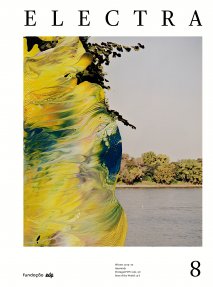
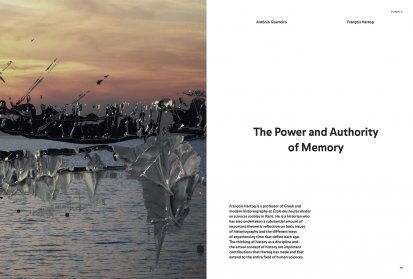
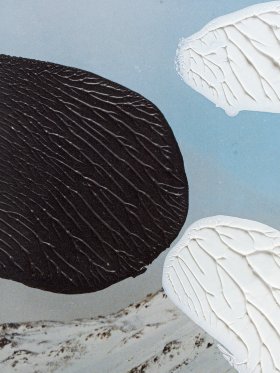
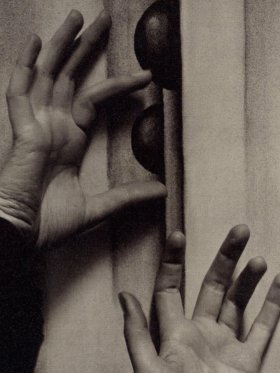
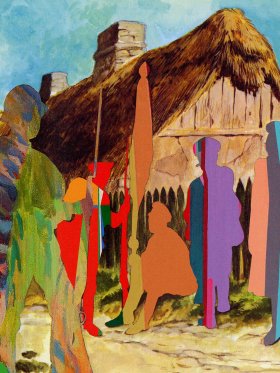
Share article